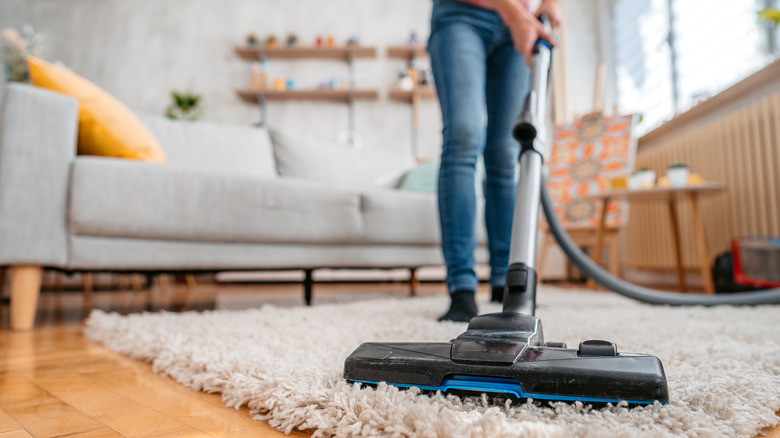Vacuums are versatile household cleaning devices, but just like any other appliance, there are things that shouldn’t go in them because they can’t handle them. They can cause clogs and sometimes even electrical failures.
For safety and operational concerns, it’s advisable to skip vacuuming the following types of messes so you can preserve your machine for longer.
Liquids
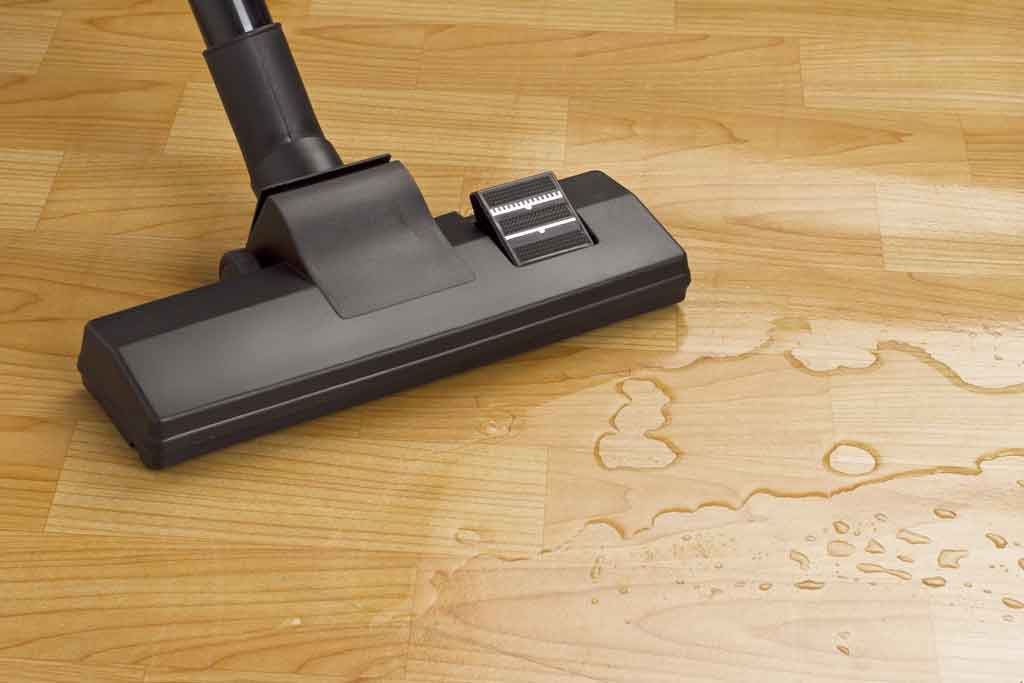
Vacuum cleaners aren’t designed to handle liquids. Attempting to vacuum liquid spills can damage their motor and electrical components, posing a safety risk.
Instead, clean up spills using absorbent materials, such as towels or paper, by blotting the spill gently to absorb as much of the liquid as possible. For deep cleaning, use appropriate cleaning solutions recommended for the specific type of spill and surface.
Sticky Substances
Sticky types of messes aren’t safe to vacuum because they can stick to the brush roll, hose, or interior and cause a clog. Even if they make it inside the vacuum safely, sticky particles can develop mould and later spread mould spores or unpleasant smells every time you vacuum.
Fine Dust and Powders
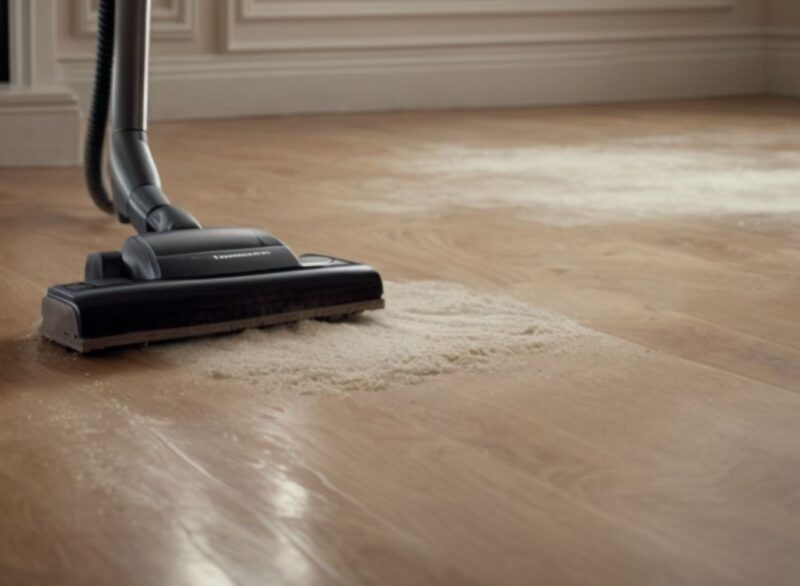
Vacuuming fine dust or powders, such as flour, ashes, or plaster dust, can clog the filters and damage the motor of a vacuum cleaner. Instead of doing that, use a dustpan and brush or a damp cloth to clean them up.
If it’s necessary, consider using a specialised vacuum cleaner designed for handling fine dust, equipped with the appropriate filters. This way, you won’t sacrifice your regular vacuum cleaner while cleaning up after renovations.
Fragile Items
Avoid vacuuming delicate or fragile items, such as antique furniture, delicate fabrics, or intricate decorations. The suction power of a vacuum cleaner can cause damage and leave scratches, dents, or even breakage. Instead, use a soft, lint-free cloth or a specialised brush to gently dust and clean them. If it’s necessary, you can use a handheld vacuum cleaner with adjustable suction power or a brush attachment for more controlled cleaning.
Small Objects
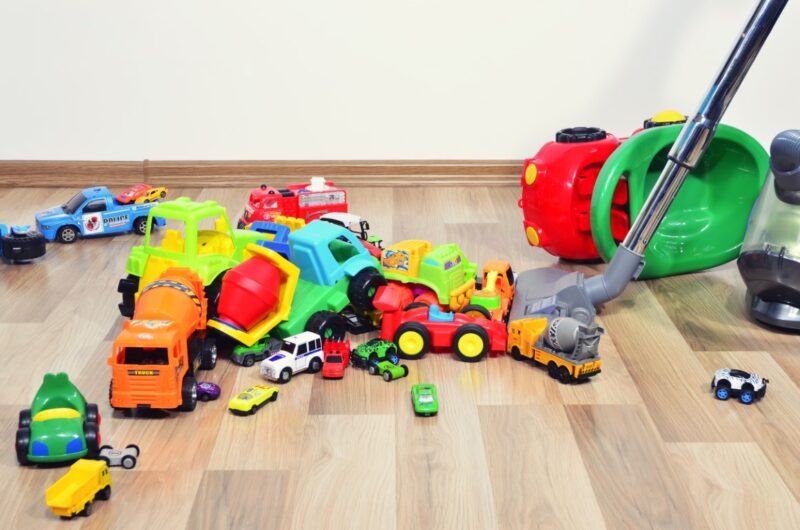
Small objects, such as coins, jewellery, or toys, can cause blockages or damage when they get sucked into a vacuum cleaner. It’s best to pick them up by hand to prevent such accidents or damage.
If you accidentally vacuum a small object, turn off the vacuum immediately and carefully remove it from the cleaner before continuing.
Electrical Cords
Avoid vacuuming over electrical cords because it can pose a major safety hazard. A vacuum cleaner’s beater bar or wheels can damage the cords, leading to electrical shock or fire hazards.
When cleaning around them, make sure to lift them or secure them out of the way to prevent tangling or potential damage.
Glass
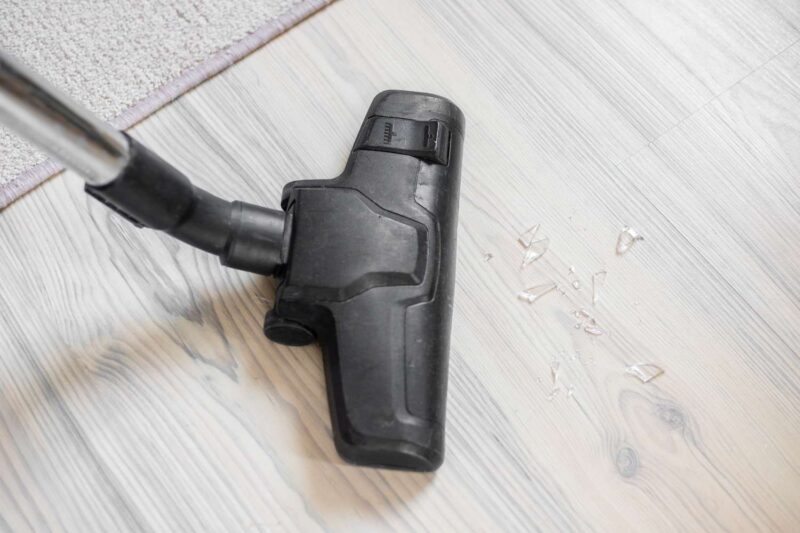
If you’ve broken glass somewhere in your house, don’t immediately reach for your vacuum cleaner to pick up the pieces.
Sharp glass pieces, or any other type of sharp objects, can damage your vacuum’s hose, bag, or interior. Instead, sweep up the broken glass and use a damp paper towel to pick up any small pieces that remain.
Coffee Grounds
Wet coffee grounds are similar to the liquid and sticky messes category but deserve to be mentioned desperately because many people don’t associate them as such.
Vacuuming wet coffee grounds can clog up the vacuum’s parts, leaving behind organic matter that can develop mould and mildew and later spread spores around your house. Not to mention that they force the motor to work too hard, which can lead to burnout.
Is Hair Bad For Vacuums?
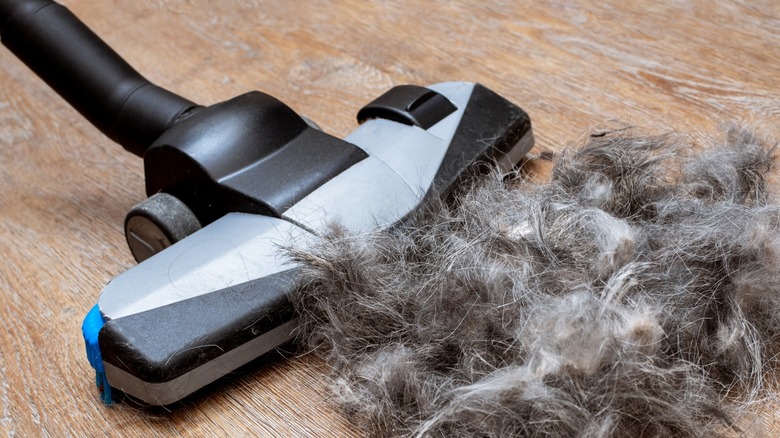
Generally, most hair is okay to vacuum, but avoid using a vacuum to clean large amounts of hair at once. Long hair can get tangled around the brush roll and clog up your household tool. Before using your vacuum, sweep up any large piles of hair.
Even though hair can be a challenge for vacuums, it’s not necessarily always bad for them and is usually a fixable problem.
One of the main issues with hair is that it can cause clogs in the brush roll, beater bar, or vacuum tubing. These clogs can reduce the device’s suction power and affect its overall performance.
To prevent this, don’t forget to regularly check and clean these parts. Use a pair of scissors or a seam ripper to carefully cut and remove any tangled hair from the brush roll or beater bar.
For clogs in the tubing, detach the hose and remove the hair by hand or use a specialised tool designed for unclogging.
Another important thing when dealing with hair is pre-vacuum preparation. Before you vacuum an area with a lot of hair, use a lint roller or a damp cloth to pick up loose hair from the surface. This will reduce the amount of hair that ends up in the vacuum and minimise the risk of clogs.
Hair can accumulate on the filters of your vacuum, reducing airflow and suction. That’s why regularly cleaning or replacing your vacuum filters is very important. Some vacuums have washable filters, while others require replacement.
To determine what type yours is, check the manufacturer’s guidelines for your specific vacuum model.
Additionally, proper maintenance is also crucial for the longevity of your vacuum. This includes emptying the dust canister or changing the bag regularly, checking for any damage or wear on the brush roll or beater bar, and ensuring that the vacuum’s parts are clean and free from debris.
If you have pets or deal with excessive hair loss, consider investing in a vacuum cleaner specifically designed for pet hair. These vacuums often have specialised brush rolls or attachments that are effective at picking and removing hair from various surfaces.
Is It OK to Vacuum Every Day?
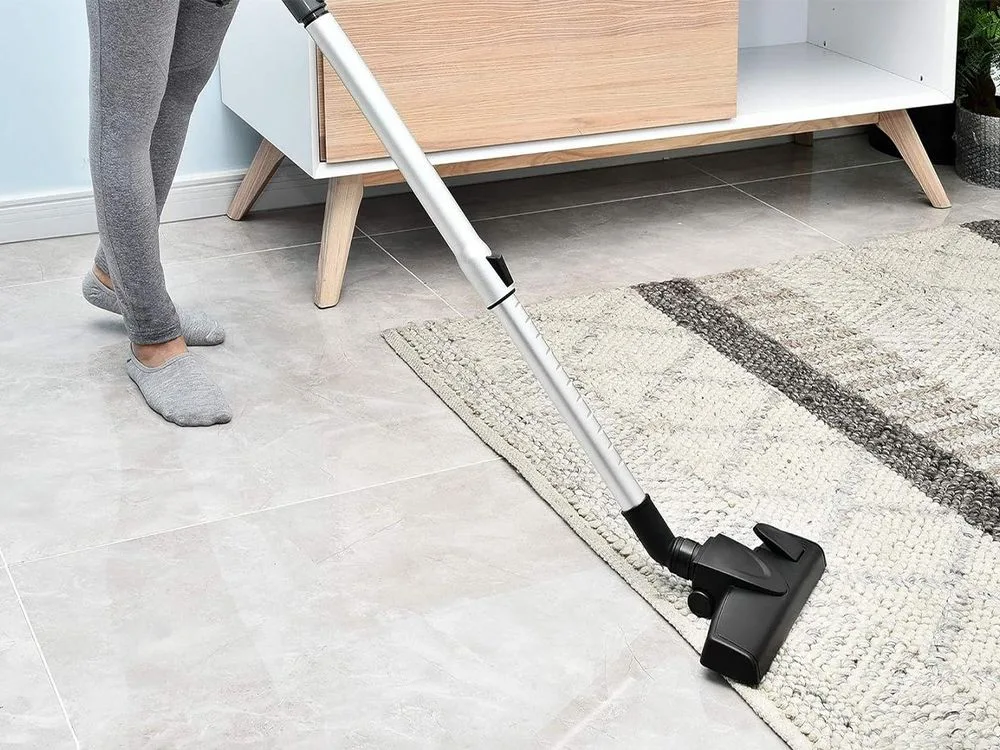
Vacuuming every day can be beneficial in certain situations, but whether it’s necessary or not will depend on several factors.
These are the traffic in your household, any allergies and respiratory concerns, your flooring type, the power of your vacuum type and your personal preferences and time constraints.
According to FantasticServices.com cleaners, if you have a high-traffic household with kids, pets, or frequent visitors, daily vacuuming can help keep the floors clean and free from dirt, debris, and allergens.
Regular vacuuming in such cases can prevent the buildup of dirt and maintain a cleaner and more hygienic environment.
If you or someone in your household suffers from allergies or respiratory issues, frequent vacuuming will certainly be important to reduce allergens, such as dust mites, pet dander, and pollen. Vacuuming will help to capture these particles and prevent them from becoming airborne.
The type of flooring in your home also plays a role in determining the frequency of vacuuming. Carpeted floors tend to trap more dirt and require more frequent vacuuming compared to hard floors, such as hardwood, tile, or laminate.
For carpeted areas, daily or regular vacuuming is often recommended to maintain cleanliness and prevent the accumulation of dirt and debris deep within their fibres.
The efficiency and power of your vacuum cleaner also play a role. If you choose a vacuum with strong suction and effective filtration, you will be able to clean more thoroughly and efficiently.
If your vacuum lacks power or struggles to pick up dirt and debris, you may need to vacuum more frequently to compensate for its limitations.
Last but not least, you should also take into account your personal preferences and how much time you have to actually clean.
Some people feel more comfortable and satisfied with a daily vacuuming routine, while others may find it excessive or impractical. Think about your lifestyle and cleaning needs to determine if daily vacuuming is necessary for you.
In general, regular vacuuming, at least once or twice a week, combined with other cleaning practices, such as sweeping, mopping, and dusting, should be sufficient to maintain a clean and healthy home.
Final thoughts
In conclusion, understanding what should not be vacuumed is essential for both your vacuum’s maintenance and your home’s safety.
By following these guidelines and opting for manual cleaning methods when needed, you can ensure your vacuum continues to serve you effectively while maintaining a clean and hazard-free living space.

